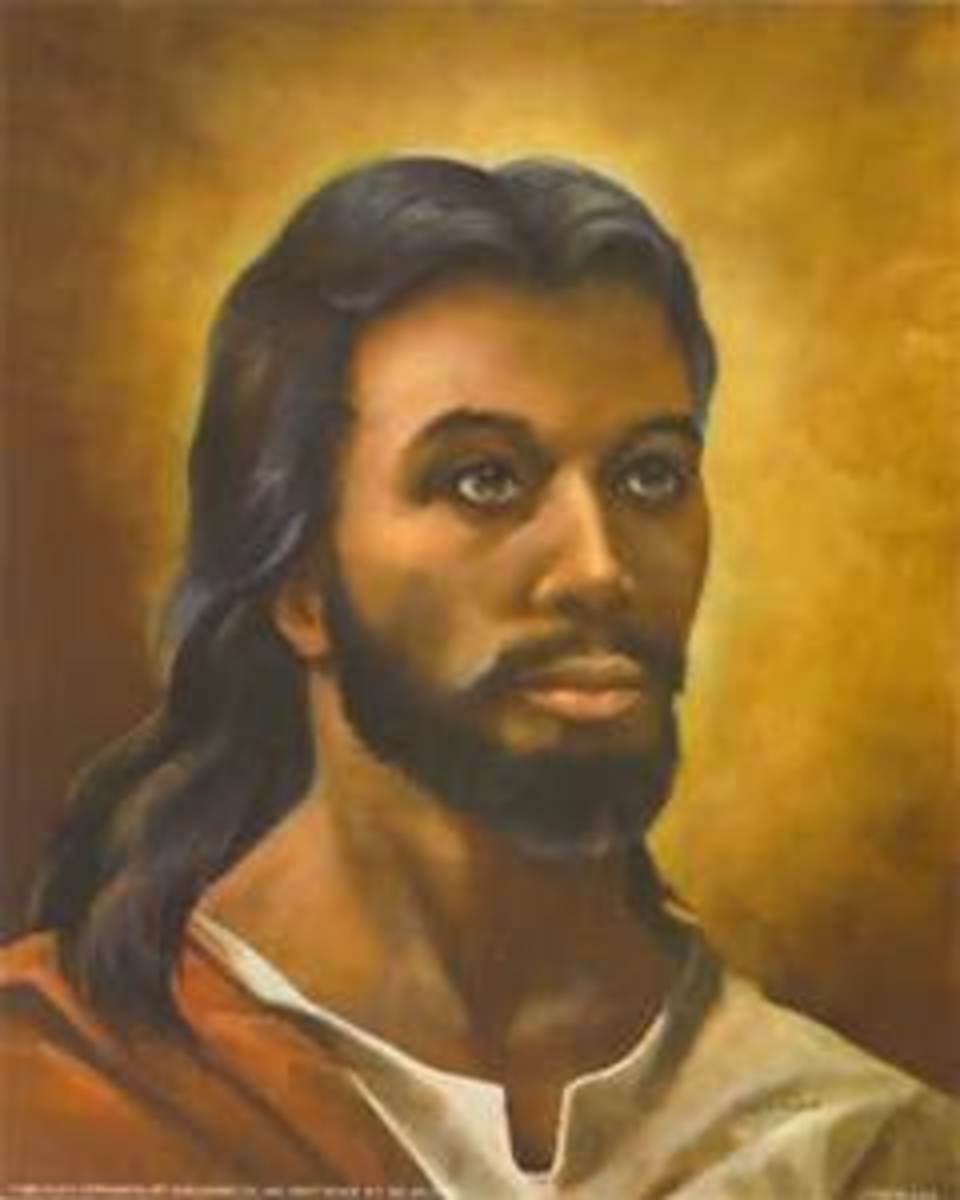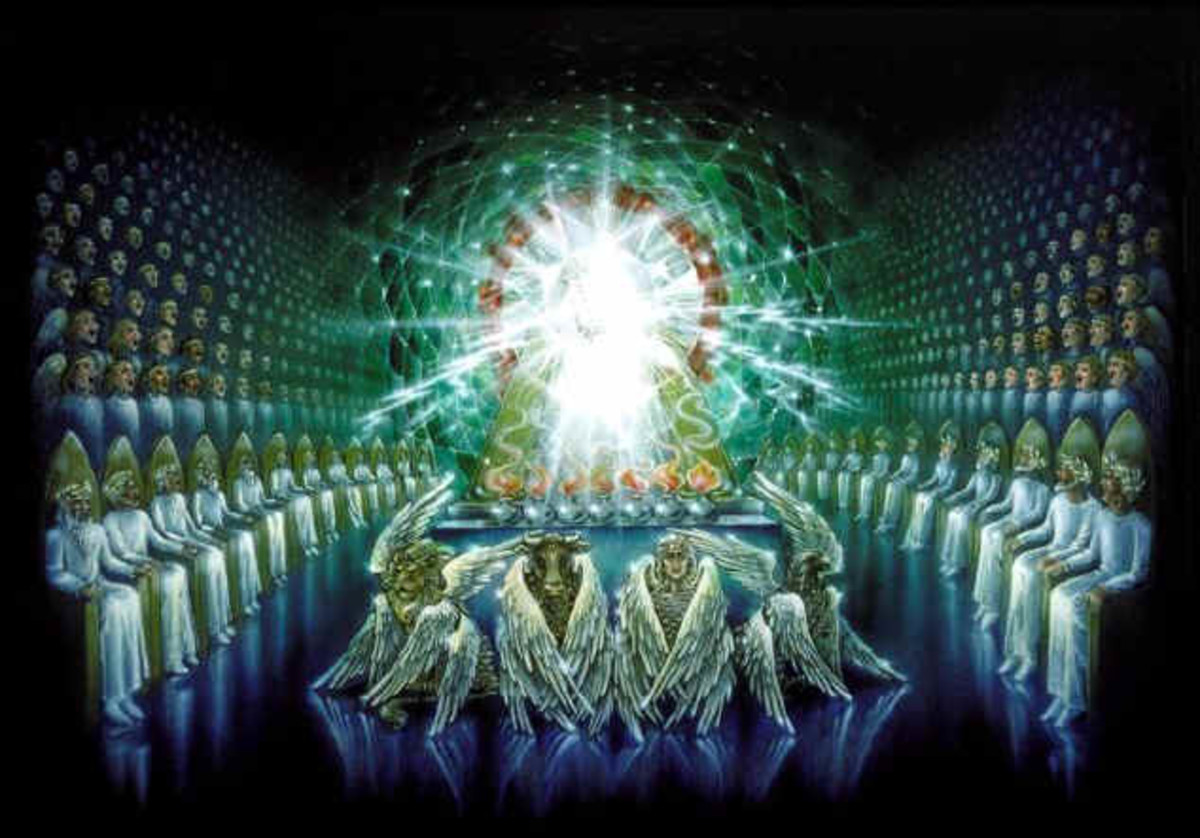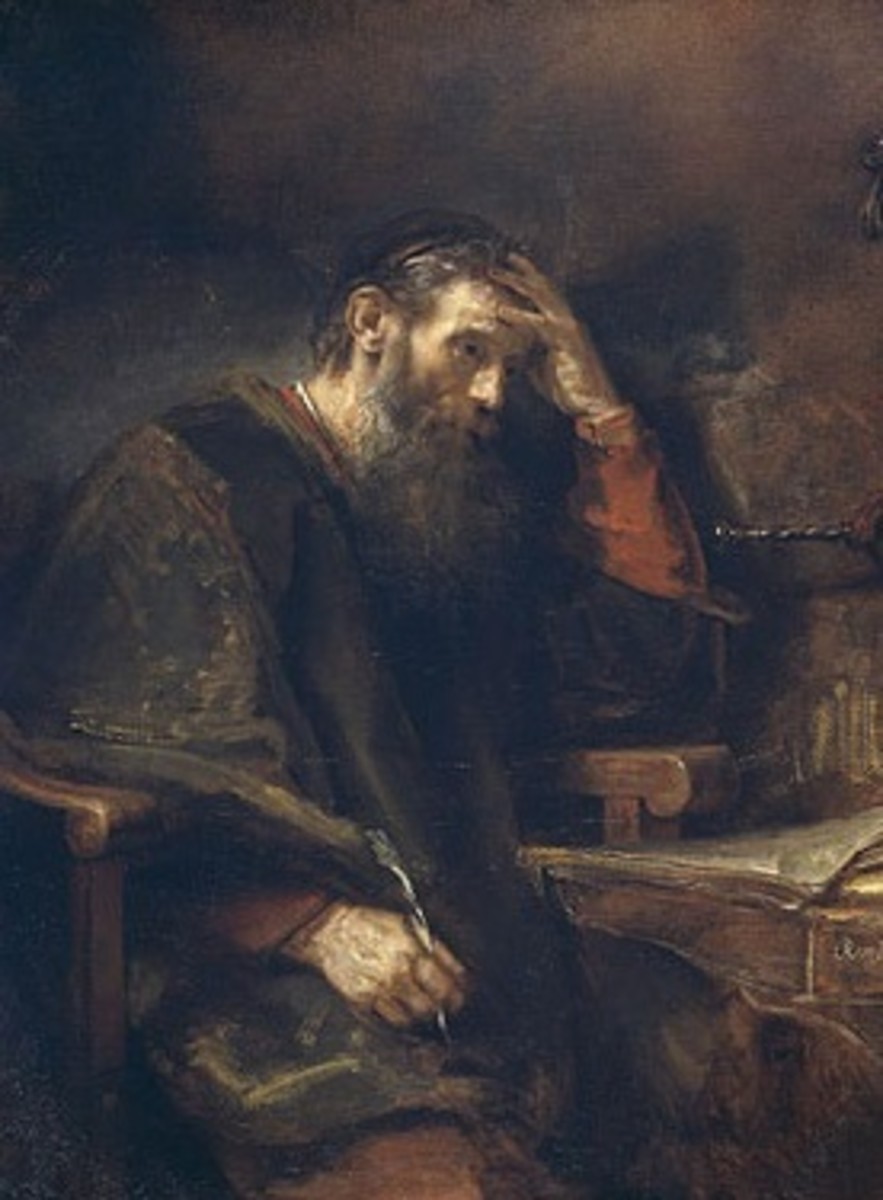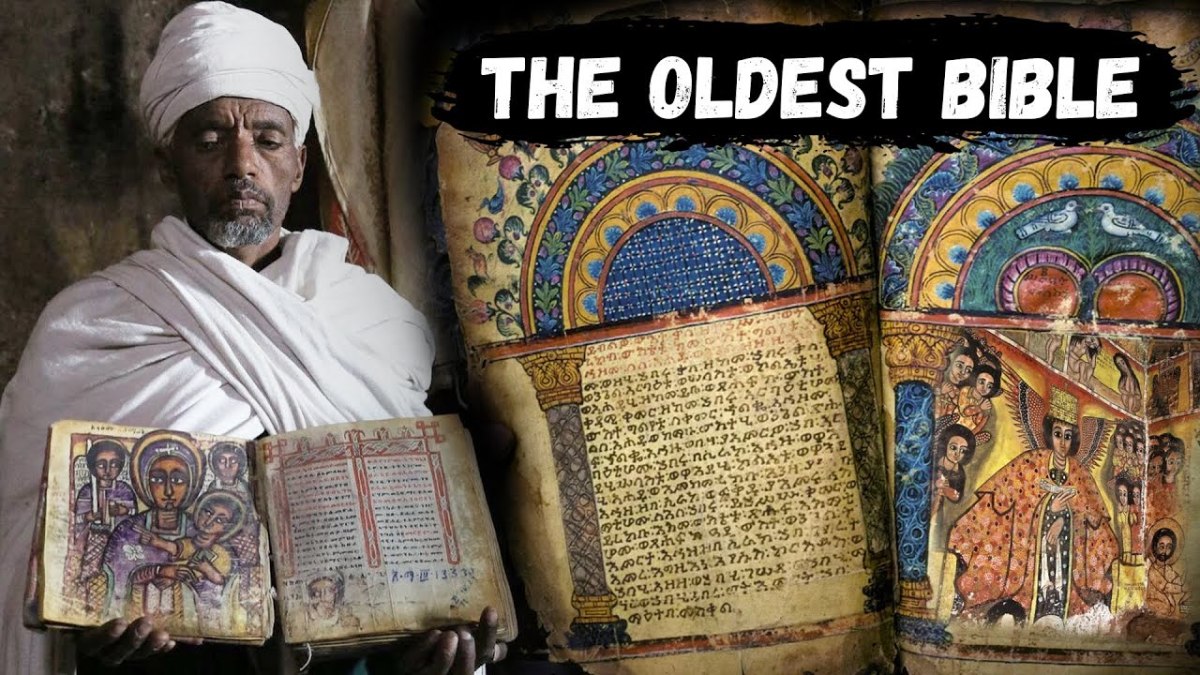Bible: What Does 2 Thessalonians 1-3 Teach Us About the Rapture and the Revelation?
The Apostle Paul
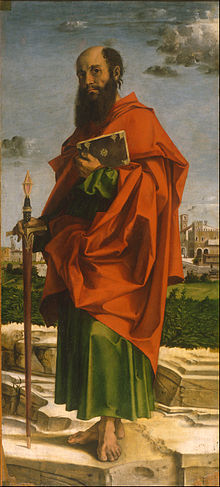
The Revelation of the Christ
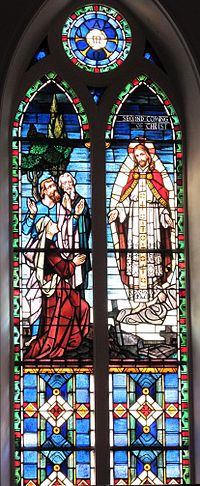
Faith Amidst Persecution
II Thessalonians 1
Paul greets the Thessalonians in his second epistle to them with nearly the same words he used in his first (vv. 1-2).
[Here he chooses “our” Father rather than “the” Father.]
He expresses thanks to God for their growing faith and their abounding brotherly love, and tells them that he speaks highly to other churches about how well they are persevering in the faith amid severe persecution (vv. 3-4).
The apostle asserts that their ability to endure hardship clearly proves God’s “righteous judgment” in allowing them to suffer, because their continuing faith demonstrates their worthiness to enter His kingdom (v. 5).
[Suffering for Christ does not win them a place in the kingdom; it merely shows they are true believers in Christ who belong there only because of Him.]
The Lord will also show His righteousness not only by punishing their adversaries, but also by comforting the afflicted at the Revelation of Christ (His Second Coming to the earth) [vv. 6-7].
[Paul joins the punishment of the Revelation to the comfort of the Rapture.]
Paul conceives of Christ’s judgment upon “those who do not know God, and on those who do not obey the gospel” as avenging, fiery, and destructive, and as holding a two-fold purpose:
(1) to punish these subjects with exclusion from God’s glorious presence forever; and
(2) to cause believers to honor and admire the Lord for His righteousness (vv. 8-10).
[Two seemingly separate categories of unbelievers appear in verse eight: those who never heard about the true God in the gospel, and those who heard that God’s message and disobeyed it.
Both will suffer eternal punishment, but the former is less culpable.]
The apostle informs the Thessalonians that he always makes two specific prayer requests for them:
(1) that God would “count you worthy of this calling”; and
(2) that God would powerfully bring to completion in their service to Him what His goodness desires to accomplish (v. 11).
[Believers must participate in intercessory prayer for others in order to witness the completion of God’s good work in them.
Does this passage imply that if one believer neglects to pray for others, God will move someone else to pray in order that He might accomplish His work?]
When God graciously uses the prayers of believers to fulfill His will, Christ and believers will both receive the honor due them (v. 12).
Our Gathering Together
view quiz statisticsApostasia
Is the apostasia another term for the Rapture?
II Thessalonians 2
Paul now addresses the primary concern of this epistle: an eschatological question regarding the timing of the Day of Christ (“the day of the Lord,” NASB) in relationship to “our gathering together to Him” (v. 1).
[The text does not specify whether these two events occur at the same time or at different periods.]
Seeking to quiet their hearts about a communication they had received “by a spirit”—Ryrie thinks this term refers to a prophetic utterance [New Testament Study Bible, 374])—, “by word” (a spoken message), or “by letter, as if from us” (a written document whose author supposedly was Paul) that the “day of the Lord” (a period of God’s wrath) had already begun, the apostle asks the Thessalonians not to allow its false content to disturb or deceive them (vv. 2-3a).
Paul then points out that two specific events will precede this “Day”: first, “the falling away,” and second, the revelation of “the man of sin” (v. 3b).
“The falling away” literally points to a departure (apostasia).
[Traditionally, scholars have taken this term to refer to a worldwide repudiation of and rebellion against the rule of “God”; more recently, other Bible students have tried to demonstrate that the word speaks of the Rapture, that it depicts a departure of the saints from this world.
This latter view is more attractive to those who adhere to the pre-tribulation Rapture view; however, since the evidence is not conclusive on this matter, I choose to restrain my enthusiasm and suspend judgment for the time being.]
If the apostasia consists of humanity’s departure from belief in “all that is called God or that is worshiped” (v. 4a) and its rejection of “the love of the truth” in order to believe in “the lie” (vv. 10-11), then it paves the way for “the man of sin” to fill the vacuum.
The Restrainer
view quiz statisticsThe Man of Lawlessness
view quiz statisticsPaul describes this “son of perdition” (“son of destruction,” NASB) as both positioning himself against (“opposes”) and elevating his majesty above “God” by usurping His “throne” in the rebuilt temple in Jerusalem (v. 4b; cf. Dan. 9:27; Matt. 24:15).
The apostle expresses surprise that the Thessalonians had apparently forgotten his instruction on this very detail (v. 5).
Paul also mentions another item of knowledge his readers already possess that involves the identity of what is preventing the “the lawless one” from being revealed until the predetermined time (v. 6).
Before commenting further about this restrainer, the apostle inserts a word about “the mystery of lawlessness” being already at work (v. 7a).
[The origin of sin is a profound mystery.
How did it happen that a perfect being decided to rebel against the eternal Creator?
Lawlessness, or sin (cf. 1 John 3:4), is an existential truth that obscurity hides, and finds intimate association with “the man of lawlessness,” for he (or rather the one he worships, Satan) is the one who originated sin.]
Once the restrainer is removed, “the lawless one” will come on the scene and take advantage of the rebellious conditions that continue to operate in the world, gathering all the disobedient unsaved to himself by performing deceptive Satanic works of power (vv. 7b, 8a, 9-10a).
Followers of this lawless one will disobey the gospel, because God will cause them to believe the lie of humanity’s deification (v. 11).
[Ryrie’s discussion of God’s penal judgments upon OT evildoers would provide a sobering study (375).]
Because of their unbelief and habitual love of doing wrong, God will condemn them when Christ returns to Earth (v. 12).
The Lord Jesus will also rain judgment upon their evil leader, consuming and destroying him with His word and His glorious presence (v. 8b; cf. Rev. 19:15).
Paul uses the masculine singular nominative participle (ho katechon) to identify the restrainer, but does not specifically tell the reader what it is— only that it now restrains the man of sin.
One day, however, an outside power with authority will take it away, permitting the man of sin to operate unhindered (v. 7b).
[Since “the man of sin,” the end-time Roman dictator, exercises supernatural, Satanic power, and the only Being capable of preventing him from doing evil is God, God must be the One who removes the restraint.
God will withdraw the Church, indwelt by the Holy Spirit, when the Rapture occurs.
As the omnipresent God, however, the Holy Spirit will remain to regenerate Tribulation believers.]
Sovereign Election

The Thessalonians should have realized that the Day of the Lord had not yet come, because God had not taken them, the Church, from the Earth.
Paul reiterates that he finds himself obligated to give thanks to God for the Thessalonians: “brethren beloved by the Lord” (v. 13a).
This time, however, he eulogizes the Lord not because of their faith and love, but because of His sovereign, eternal election of them to salvation through the Holy Spirit’s setting them apart from the mass of humanity and through their faith in the gospel of Christ (v. 13b).
The Lord used Paul’s preaching to call them to a salvation through which they will acquire a share in Christ’s glory (v. 14).
Having reminded them of their awesome destiny, the apostle now exhorts the Thessalonians to “stand fast and hold” to all of his instruction, both the proclaimed and written kinds (v. 15).
He asks that “our Lord Jesus Christ Himself” and their loving, gracious Father who has given them “everlasting consolation and good hope” would strengthen them spiritually and enable them to continue to speak and to live well for Him (vv. 16-17).
Intercessory Prayer

II Thessalonians 3
Addressing his brethren in this church one final time, Paul requests intercession on two matters:
(1) that people everywhere would both hear and honor God’s word as the apostolic team brings it to them (v. 1); and
(2) that God might prevent wicked, unregenerate opponents from murdering them (v. 2).
Quickly turning to their spiritual needs, he asserts that God will work faithfully to strengthen them and prevent Satan from harming them (v. 3; cf. John 17:15); Paul trusts that God will motivate them to obey his commands (v. 4).
He asks the Lord to enable them to love Him and to endure hardship as Christ did (v. 5).
Paul: The Model of Industry
view quiz statisticsHow to Live in Light of the Coming of the Lord
Finally, Paul deals with a chronic issue with some brothers in the Thessalonian church: disorderly conduct (vv. 6-15).
Drawing upon the authority Christ conferred upon him, he commands the leadership to ostracize certain fellows who neither follow Paul’s instruction nor imitate his personal example of industriousness (vv. 6-7).
He reminds them that when he ministered the gospel among them, he (unlike these idlers) did not live at the expense of other believers, although he had authority to do so.
Rather, he served as a model for them by working long hours at a “secular” job, so that he would not burden them financially (vv. 8-9).
In an earlier visit, Paul had commanded them not to let certain people (who were unwilling to obtain gainful employment) into the fellowship around their dinner tables (v. 10).
Now he hears news that some men in Thessalonica actually spend their days minding everyone else’s business (v. 11).
Again, calling upon Christ as his authority to provide instruction, he encourages them to mind their own business and earn their own living (v. 12).
Turning now to other brethren, Paul exhorts them not to give up working hard, but to continue to do what is right (v. 13).
To shame a certain disobedient believer and move him to repentance, the apostle wants the church to avoid fellowshipping with this individual (v. 14).
Yet Paul is quick to add that they should so act that the erring brother does not think that he is their enemy; they should seek restoration as their goal (v. 15).
The second epistle concludes with Paul’s benediction that Christ would grant the Thessalonians peace through His personal presence among them (v. 16).
Apparently as a safeguard, he signs his name at the end of the correspondence, thereby indicating that the contents and style identify the way he writes (v. 17).
Finally, he asks that Christ’s grace be with them (v. 18).
Study Questions for 2 Thessalonians
1. What is the two-fold purpose of Christ’s judgment?
2. What are the two specific prayer requests that Paul continually makes for the Thessalonians?
3. What are the two specific events that will precede the “Day of the LORD”?
4. What are the two most prominent interpretations for the term apostasia?
5. How does the apostle describe the strategy of the “son of perdition”?
6. Who or what is the restrainer?
7. How should the Thessalonians have realized that the Day of the LORD had not come yet?
8. For what two things does the apostle ask intercession from the Thessalonians?
9. How should the Thessalonians deal with a disorderly brother?
© 2014 glynch1


